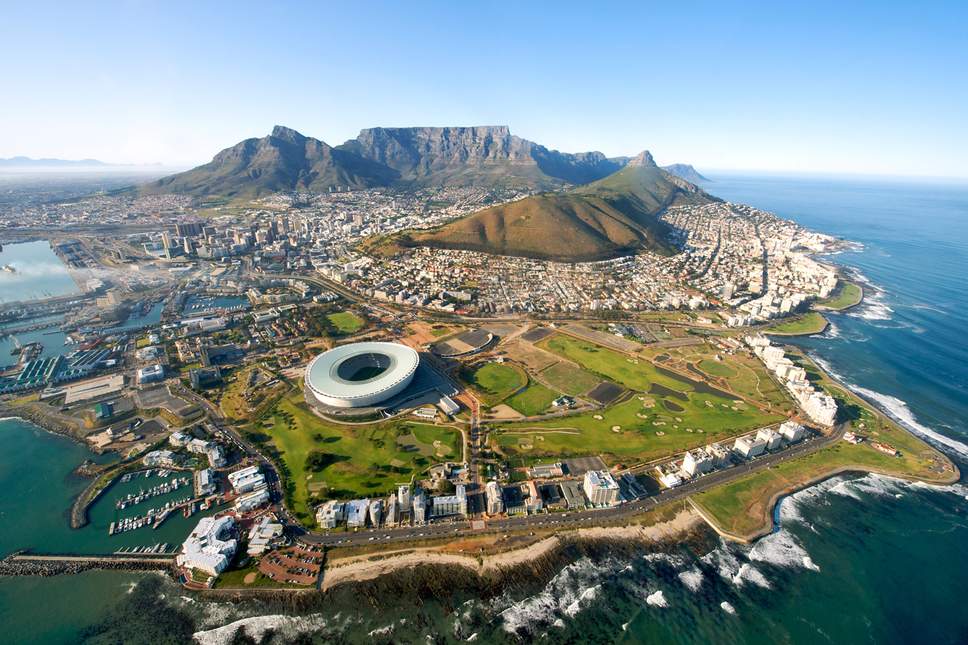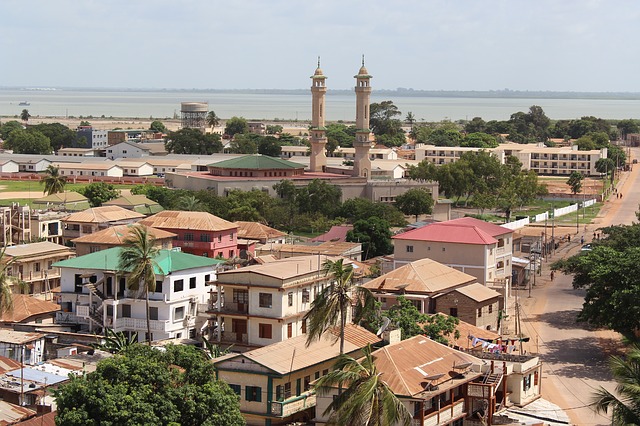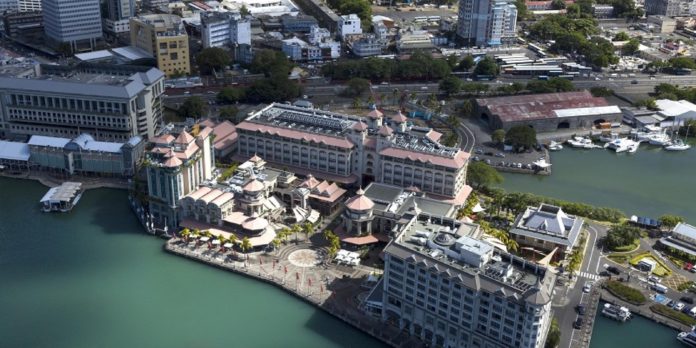By African Media Agency
Trade tensions and populist undercurrents continue to dominate the global economic climate. Combined with the threat of stringent and inconsistent monetary policies looming over markets, international businesses are under more pressure than ever to get their overseas operations right.
Mercer’s 21st annual Quality of Living survey shows that many cities around the world still offer attractive environments in which to do business, and best understands that the quality of living is an essential component of a city’s attractiveness for businesses and mobile talent.
“Strong, on-the-ground capabilities are integral to the global operations of most international businesses and are in large part driven by the personal and professional wellbeing of the individuals that companies place in those locations,” said Nicol Mullins, Principal Leader – Career Business at Mercer.
“Companies looking to expand abroad have a host of considerations when identifying where best to locate staff and new offices. The key is relevant, reliable data and standardized measurement, which are essential for employers to make critical decisions, from deciding where to establish offices to determine how to distribute, house and remunerate their global workforces,” Mullins added.

Issues around water scarcity contributed to Cape Town falling one place this year. Conversely, Bangui position 230, scored the lowest for the continent and also ranked lowest for personal safety at the same position 230.
Gambia’s progress towards a democratic political system, alongside improved international relations and human
Global ranking
Globally, Vienna tops the ranking for the 10th year running, closely followed by Zurich number 2. In joint third place are Auckland, Munich and Vancouver – the highest ranking city in North America for the last 10 years. Singapore at position 25, Montevideo position 78 and Port Louis at position 83 retained their positions as the highest ranking cities in Asia, South America, and Africa respectively.
Despite still featuring at the bottom of the quality of the living list, Baghdad has witnessed significant improvements related to both safety and health services. Caracas, however, saw living standards drop owing to significant political and economic instability.

Mercer’s authoritative survey is one of the most comprehensive of its type in the world and is conducted annually to enable multinational companies and other organizations compensate employees fairly when placing them on international assignments. In addition to valuable data on relative quality of living, Mercer’s survey provides assessment for more than 450 cities throughout the world; this ranking includes 231 of these cities.
According to Mercer’s 2019 personal safety ranking, Damascus ranked bottom in 231st place and Bangui in the Central African Republic scored second lowest in 230th place.
“The security of the individual is informed by a wide range of factors and is constantly in flux, as the circumstances and conditions in cities and countries change year over year. These factors are crucial for multinationals to consider when sending employees abroad because they consider any concerns around the expat’s own safety and can have a significant impact on the cost of international compensation programmes,” said Mullins. “In order to stay abreast of the quality of living across all the locations where staff














